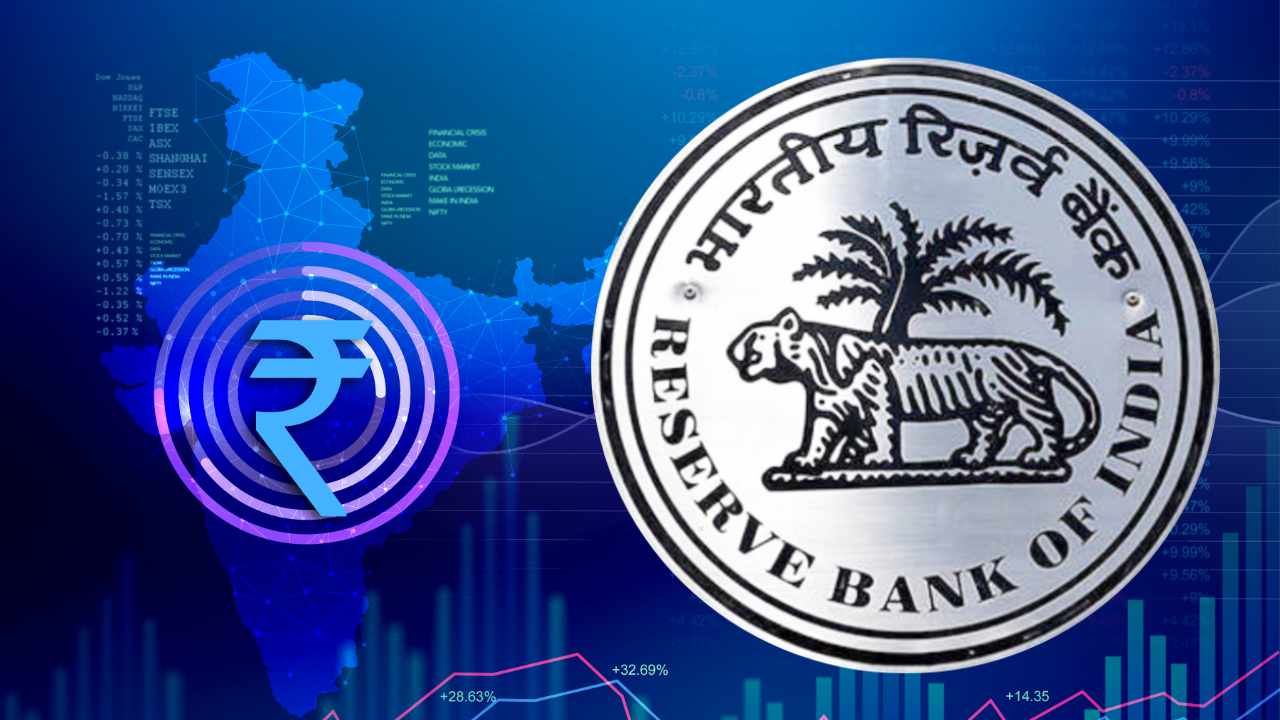India is moving towards a complete ban on private cryptocurrencies such as Bitcoin and Ethereum to manage risks associated with the current unstable market.
The government has indicated a preference for Central Bank Digital Currencies (CBDCs), which offer advantages similar to private cryptocurrencies but without the associated risks of instability and misuse.

Regulators have noted that CBDCs do not necessarily have to achieve the financial inclusion objectives that are often linked to cryptocurrencies. The Reserve Bank of India (RBI) supports CBDCs as they provide a safer alternative that can still meet the financial inclusion goals typically connected with cryptocurrency.
Increasing Popularity of CBDC in India
India introduced its digital rupee, the e₹, in 2022, attracting over 5 million users and 16 banks. This initiative is gaining momentum and could significantly shape the future of digital finance within the country. The digital rupee is currently being utilized in specific pilot programs.
According to RBI Governor Shaktikanta Das, the goal is to provide more efficient and secure financial services to underprivileged sections of society. As pilot projects show positive results, the Indian government plans to broaden the use of CBDC for domestic applications and enhance cross-border transactions, potentially transforming international trade and remittances.
This expansion is expected to strengthen India’s role in the global financial system and promote greater economic inclusion and digital transformation across various sectors.
Regulatory Changes and Taxation on Crypto
India’s approach to cryptocurrencies has been unpredictable. Crypto trading resumed in 2020 after the Supreme Court lifted a ban imposed in 2018. However, since then, the country has implemented strict tax policies, classifying cryptocurrencies as Virtual Digital Assets (VDAs), imposing a tax rate of 30% on income and a 1% TDS on transactions exceeding INR 10,000.

While the government acknowledges the potential of blockchain and cryptocurrency technologies for broader applications, such as enhancing the security of government securities, it remains cautious about the use of private currencies.
The government may continue to enforce strict regulations, potentially leading to a total ban on private cryptocurrencies, especially following recommendations from a 2023 synthesis paper by the Financial Stability Board and International Monetary Fund.
In contrast, CBDCs are likely to remain the preferred option and offer a possible framework for regulatory decisions, which will be informed by additional consultations.
Featured image from Synergia Foundation, chart from TradingView



